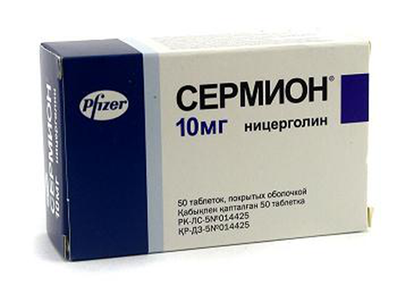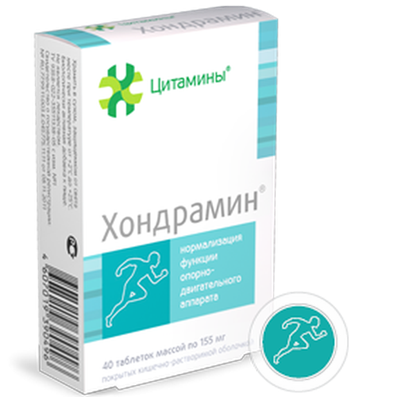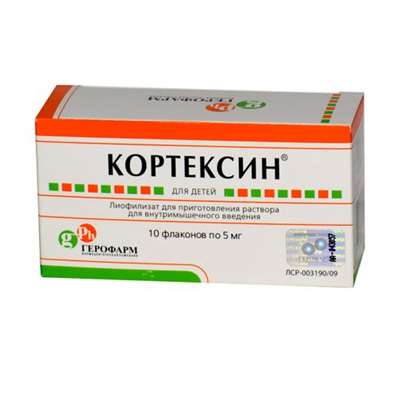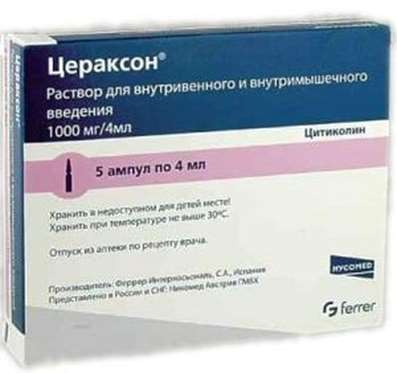Instruction for use: Neointestopan
I want this, give me price
Active substance: Attapulgit
ATX code A07BC04 Attapulgit
Pharmacological group
Antidiarrhoeic agents
Gastroprotectors
Adsorbents
Nosological classification (ICD-10)
A04.9 Bacterial intestinal infection, unspecified
Bacterial intestinal infections, GI tract infections, Infections of intestinal bacterial, Digestive tract infections, Infectious-inflammatory diseases of the digestive tract, Infectious Disease of the GI tract, Infection of the intestine, Intestinal infection, Acute infectious disease of the digestive tract, Acute intestinal disease with colon lesions, Acute intestinal infection
A09 Diarrhea and gastroenteritis of allegedly infectious origin (dysentery, bacterial diarrhea)
Bacterial diarrhea, Bacterial dysentery, Bacterial infections of the digestive tract, Bacterial gastroenteritis, Diarrhea bacterial, Diarrhea or dysentery of amoebic or mixed etiology, Diarrhea of infectious genesis, Diarrhea on the background of antibiotic therapy, Traveler's Diarrhea, Travelers diarrhea due to changes in diet and habitual diet, Diarrhea due to antibiotic therapy, Dysenteric bacteriocarrier, Dysenteric enteritis, Dysentery, Dysentery bacterial, Dysentery mixed, Gastrointestinal infection, GI tract infections, Infectious diarrhea, Infectious Disease of the GI tract, Infection of the gastrointestinal tract, Infection of the biliary tract and gastrointestinal tract, GI tract infection, Summer diarrhea, Nonspecific acute diarrhea of infectious nature, Nonspecific chronic diarrhea of infectious nature, Acute bacterial diarrhea, Acute diarrhea in food poisoning, Acute dysentery, Acute bacterial gastroenteritis, Acute gastroenterocolitis, Acute Enterocolitis, Subacute dysentery, Diarrhea chronic, Refractory diarrhea in AIDS patients, Staphylococcal enteritis in children, Staphylococcal enterocolitis, Toxic diarrhea, Chronic dysentery, Enteritis, Enteritis infectious, Enterocolitis
K52.2 Allergic and alimentary gastroenteritis and colitis
Alimentary Colitis, Allergic Colitis, Gastroenteritis alimentary, Gastroenteritis allergic, Allergic diarrhea, Allergic gastroenteropathy, Medicinal gastroenteritis
K58 Irritable Bowel Syndrome
Irritable bowel syndrome, Colitis spastic, Irritable bowel syndrome, Irritable bowel syndrome is a thin, irritable bowel syndrome, colon irritation syndrome, Symptoms of irritable bowel, Irritation of the stomach, Irritation of the intestinal mucosa, Irritated colon
K59.1 Functional diarrhea
Diarrheal syndrome, Diarrhea, Diarrhea with prolonged enteral feeding through the probem, Prolonged diarrheam Nonspecific diarrhea, Acute diarrhea, Diarrhea, Syndrome of diarrhea, Functional diarrhea, Chronic diarrhea, Diarrhea with an electrolyte balance disorder, Chronic diarrhea, Diarrhea of non-infectious genesis, Diarrhea after a gastroectomy, Diarrhea in children, Persistent diarrhea, Diarrhea (diarrhea), Enterocolitis of non-infectious origin
K63.8.0 * Dysbiosis
Violation of the intestinal flora, Correction of intestinal microflora, Normalization of intestinal microflora, Bacterial dysbiosis, Viral dysbiosis, Restoration of intestinal flora, Deficiency of lactic-acid and probiotic microorganisms, Diarrhea on the background of antibiotic therapy, Dysbacteriosis, Dysbacteriosis of the intestine, Intestinal dysbiosis, Disruption of normal intestinal microflora, Disbalance of intestinal microflora, Violations of the physiological flora of the large intestine, Disorders of the physiological flora of the small intestine, Helicobacteriosis
R14 Flatulence and related conditions
abdominal distention, flatulence, pronounced flatulence, Gases in the postoperative period, degassing bowel before diagnostic studies, degassing intestine before X-rays, gas delay, Excessive formation and accumulation of gases in the digestive tract, brash, Flatulence, Flatulence with increased gas formation in the digestive tract, Flatulence in infants, Flatulence in newborns, Flatulence caused by fatty or unusual food, Flatulence caused by disease of the digestive tract, belching, The feeling of bloating, The feeling of fullness, Increased flatulence, The increased gas formation and accumulation of gases in the digestive tract, Fullness in the epigastrium, Feeling of fullness, The feeling of heaviness in the stomach, Flatulence in the gastrointestinal tract, Increased production and accumulation of gases in the digestive tract
Composition and form of release
Tablets, coated with a coating.
colloidal activated attapulgite 630 mg
in the package of a contiguous cell 10 units; in the box 2 packs.
Description of dosage form
Round biconvex tablets of pinkish color with a grayish-brown hue.
pharmachologic effect
Pharmacological action - adsorbing, enveloping, antidiarrheal.
Absorbs in the intestine fluid, pathogenic pathogens and the toxins they form, reduces intoxication and normalizes the intestinal flora. Forms a thin film on the gastrointestinal mucosa. After oral administration is not absorbed. Promotes thickening of the liquid contents of the intestine, improves the consistency of the stool and reduces the number of bowel movements. Has astringent effect, positively affects the irritated intestinal mucosa; reduces intestinal spasms.
Indications
Acute diarrhea in food poisoning, allergies or intolerance of certain foods, imbalance of intestinal microflora.
Contraindications
Hypersensitivity, intestinal obstruction, fever, chronic and parasitic diarrhea, age up to 3 years.
pregnancy and lactation
With caution (because of limited experience of use).
Side effects
In some cases - constipation.
Interaction
Reduces absorption of the gastrointestinal tract antibiotics, digoxin, anticholinergic drugs (should not be prescribed simultaneously).
Dosing and Administration
Inside, swallowing whole without chewing, washing with liquid. When the first symptoms of diarrhea appear in adults at the initial dose of 4 tablets, then 2 tablets. after each chair; the maximum daily dose is 14 tablets. Children from 6 to 12 years - in the initial dose of 2 tablets, then 1 table. after each chair; the maximum daily dose is 7 tablets.
The duration of therapy should not exceed 2 days.
Precautionary measures
With an increase in body temperature, bloody stools or in cases of continued diarrhea after 2 days of treatment, it is necessary to clarify the diagnosis with the help of clinical and bacteriological studies. Patients with diabetes should be aware that Neointestopan contains sucrose.
special instructions
Treatment of children under 6 years is strictly according to the doctor's prescription and under his supervision.
storage Conditions
In the dark place at room temperature, in a sealed package.
Keep out of the reach of children.
Shelf life
3 years.
Do not use after the expiry date printed on the package.

 Cart
Cart





